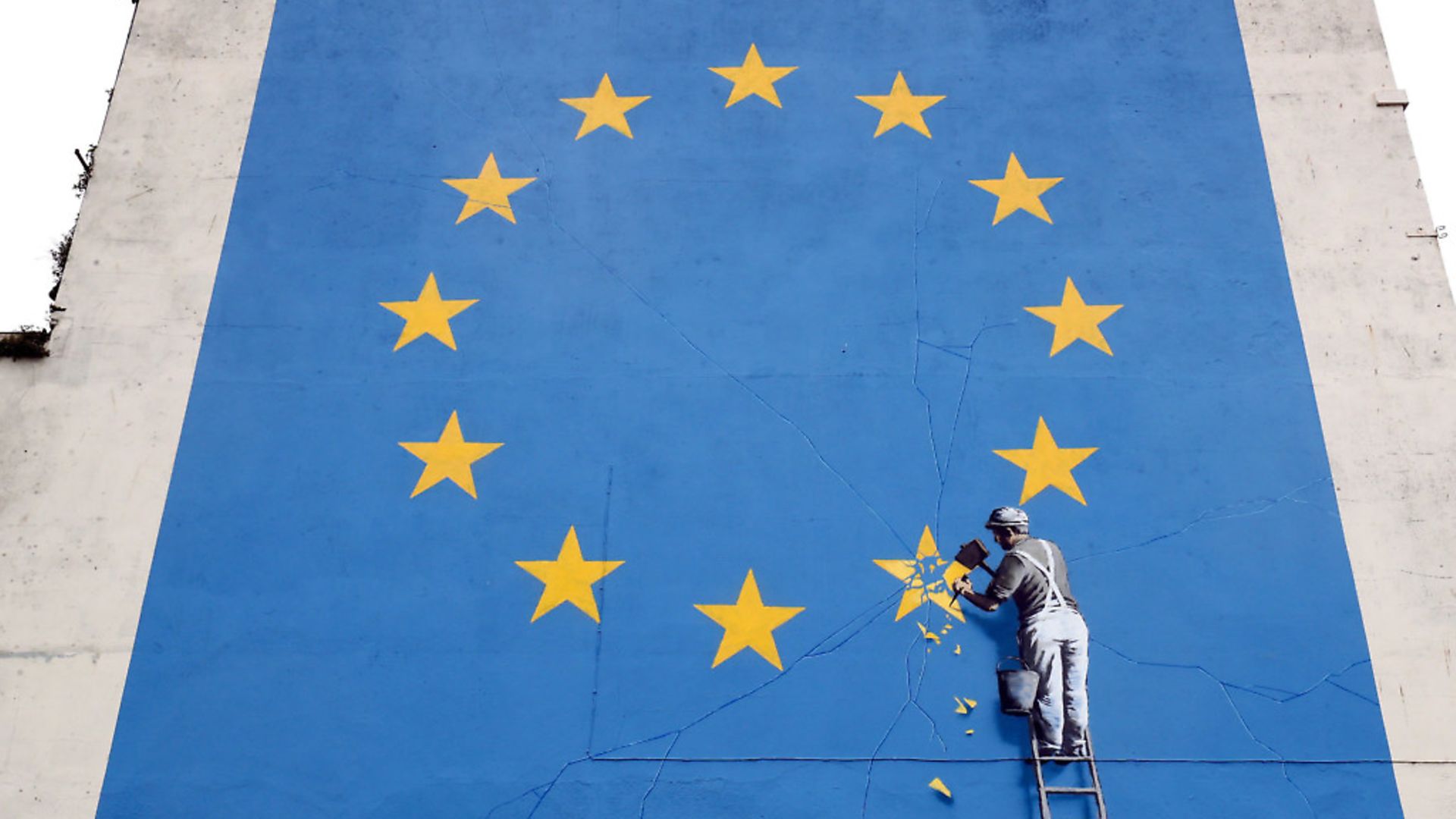
A day to remember what Europe has achieved
On May 9, 1950 Robert Schuman made a speech as French Foreign Minister which initiated the development of the institutions which became the European Union. His objective was to begin the process of integrating the economic and political interests of member states of a new European Coal and Steel Community so that war between them became ‘not merely unthinkable but materially impossible’.
Today is the 67th anniversary of that speech, known to history as the Schuman Declaration. A new French President is once again insisting that his country must welcome internationalisation as the best way to secure the peace, prosperity and stability of Europe. He sounds confident and positive; he has faced down the forces of narrow nationalism in France and convincingly won the argument that his country must embrace globalisation and engage with its neighbours in Europe and beyond. Macron, like Schuman, believes that a liberal internationalist vision is the best way to secure the interests both of France, and of the wider European Union.
But in Britain we are determined to respond to Macron in the same way we responded to Schuman. Then, as now, we persuaded ourselves that Britain was different. We claimed that we had a uniquely international vision, and that these traditions meant that our continental neighbours had different interests and concerns. The result was that for two decades the UK enjoyed slower growth as our neighbours developed an internal common market which ensured that their markets became progressively more attractive both to each other and to trading partners elsewhere in the world. The price of British exceptionalism in the 1950s was economic underperformance in the 1960s and 1970s.
After 20 years of avoidable self-harm, Britain finally joined the developing European Community in 1973 and became, under successive Prime Ministers from Heath to Cameron, a leading advocate of the confident, liberal outlook espoused by Schuman in 1950 and Macron today. The European single market in the 1980s, and the enlargement of the Union in the 1990s and 2000s reflected the economic and political success of these ideas.
Of course there were aspects of European development which did not reflect our ideas or interests; some of them, such the focus on agricultural protection, were attributable to commitments which were deeply entrenched before we joined; others, in particular the launch of the euro, were ill-judged and undermined the common purpose.
But flawed though it inevitably is, the project which Schuman launched has succeeded in creating the largest international single market place in history, and – as Schuman accurately predicted – it has underwritten a period of sustained economic and political success in Europe.
Britain has not merely been part of this success; it has shaped important elements of it, in particular the European single market. The key to a single market is not a single tariff; it is the principle of free circulation of goods and services based on a single regulatory structure agreed across all member states. Margaret Thatcher reflected this analysis when she insisted that the EU should be more than a customs union and needed to have the power to enforce a single regulatory structure – ultimately through the European Court of Justice.
And yet parts of Thatcher’s own party now apparently believe that it is in Britain’s interests to leave the single market. The question to those people is simple. What benefit would come to Britain by leaving the single market? How would it improve our prospects? Was Schuman wrong? Was Thatcher wrong? If not, what has changed?
These questions are not answered by referring to the 2016 referendum. The question was not asked. Any decision by Britain to leave the single market would be a choice made by the next Parliament in the context of the ‘meaningful vote’ promised by the Prime Minister at the end of the negotiations; it is therefore essential that every member of the next House of Commons is committed to approach those questions with an open mind.
In doing so they should remember that Schuman did not speak of a super state. He simply argued that economic integration within a single market place would underwrite economic and political progress. History has proved he was right.
Stephen Dorrell is chairman of the European Movement UK. Follow the European Movement UK on Twitter (@euromove) and Facebook









